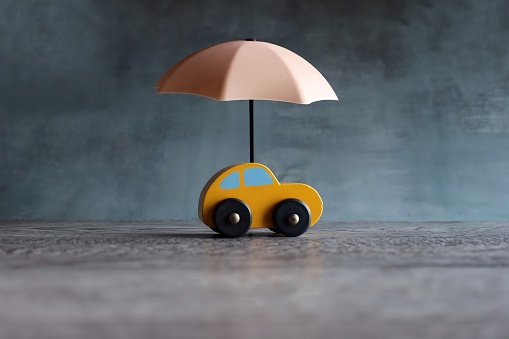
All car insurance quotes are not created equal. Yes, you can save money by shopping around and getting quotes from different companies. But when doing this, you need to make sure you don’t get stuck paying for something you don’t need. Likewise, you need to make sure you understand exactly what you are being covered for; you don’t want to find out your car isn’t covered after it’s totaled in an accident. This means you need to understand exactly what each type of insurance covers, then decide what is most important to you.
Liability coverage. Liability insurance is your standard, everyday insurance. It is included in all car insurance quotes, and legally required for drivers in most states. This type of insurance covers you if you cause damage to someone else’s person or property. If you have liability insurance and get into an accident, your insurance company will pay for the other person’s medical bills, and they will pay for any damage you cause to their vehicle. However, they will not cover any damages to your car.
Collision coverage. This is the type of insurance that covers your vehicle. If you get into an accident and your car is totaled, this insurance will give you a payout of however much your car was worth at the time of the accident. This type of insurance is not mandatory, but it is a good idea to have it if your vehicle is worth more than a couple of thousand dollars. Otherwise, you could be stuck without a car, or even have to make payments on a vehicle you no longer own.
Comprehensive coverage. This kind of insurance covers anything that might happen to your car beside a collision with another vehicle. If you hit a deer, this is what covers you. If a hurricane knocks a tree over and it lands on top of your car, the damages are covered. If your car is stolen, this is what protects you. Liability, collision, and comprehensive coverage are the three big players in the insurance world. If you can afford it, most experts will recommend including all three when shopping for car insurance quotes. However, there are a few more options if you want to be protected in more situations.
Personal injury protection. Collision coverage pays for damages to your vehicle, but not to your person– or your passengers. Personal injury protection will cover any medical expenses. Uninsured motorist protection. This covers you if an accident occurs when someone else is behind the wheel of your vehicle. This will generally only be required when the damages exceed what is covered in your liability insurance. It keeps you from having to pay the remainder for an accident that isn’t your fault.
Gap insurance. If you owe more on your car than what it is now worth, gap insurance will protect you. If you get into an accident, most insurance companies will only pay what it is currently worth– not what you paid when you bought it. This insurance will cover whatever is left over that you still owe.
